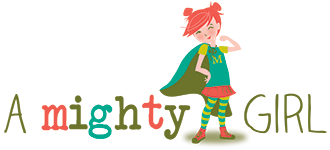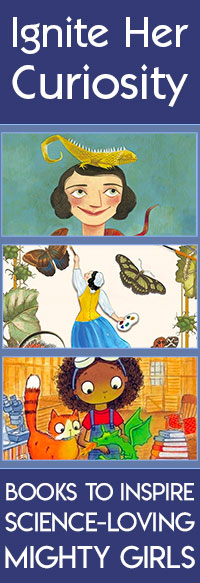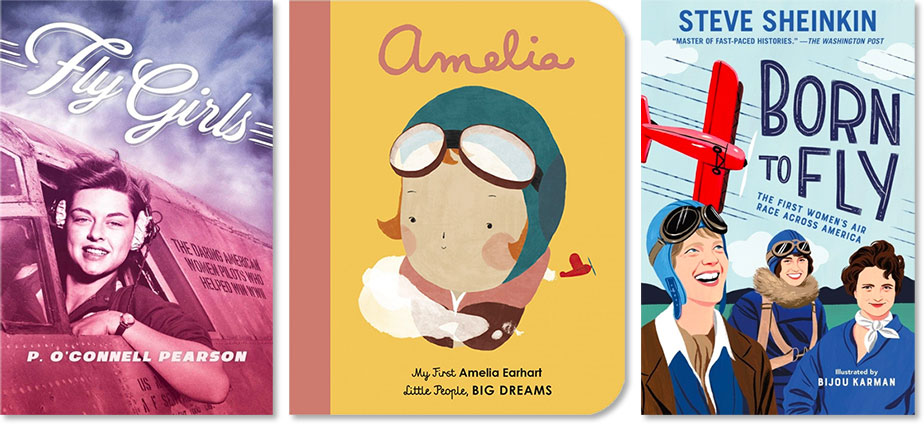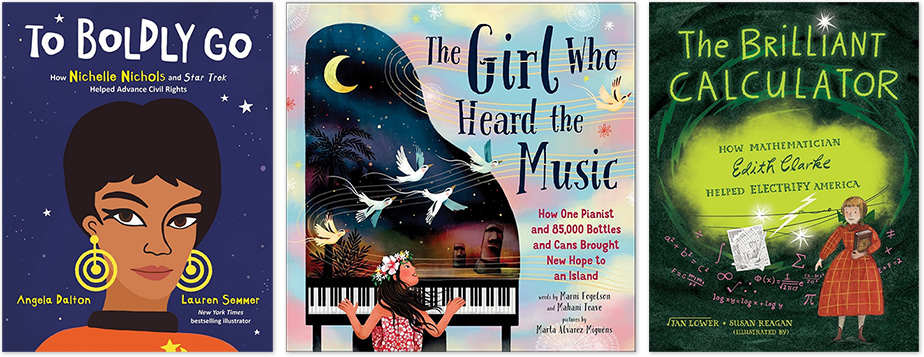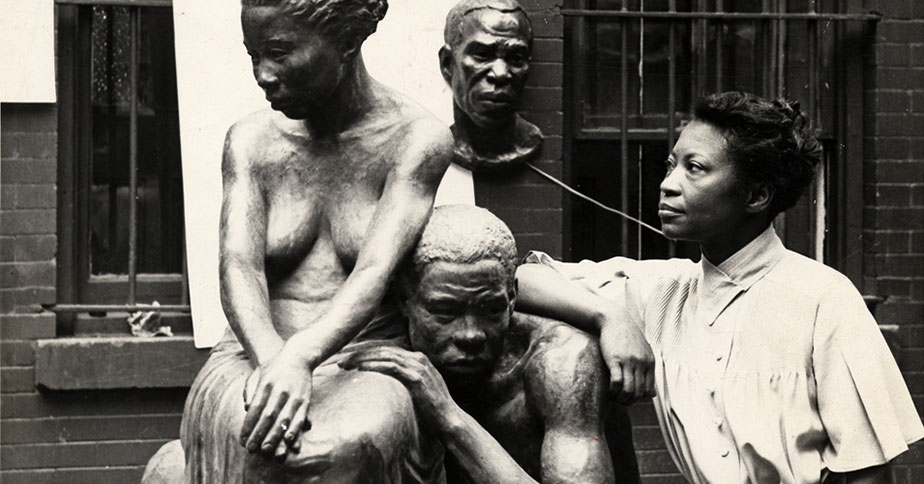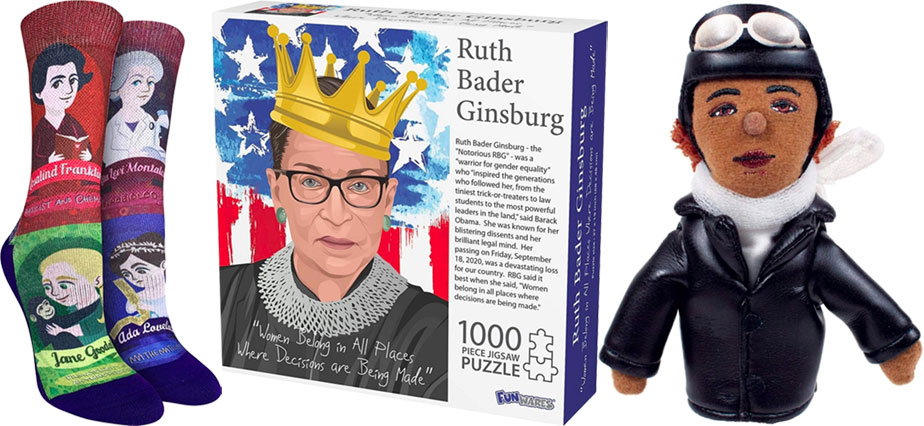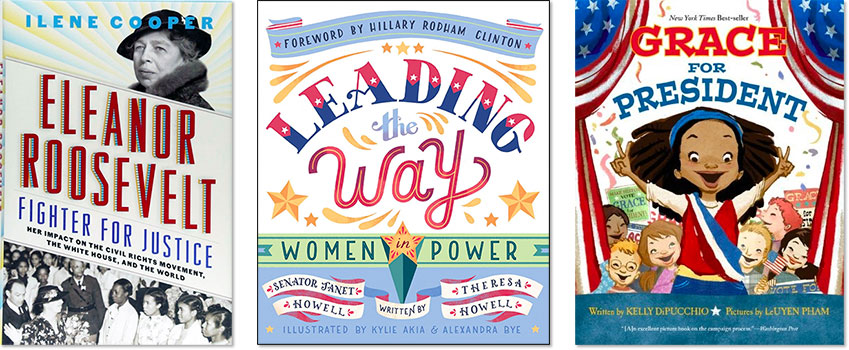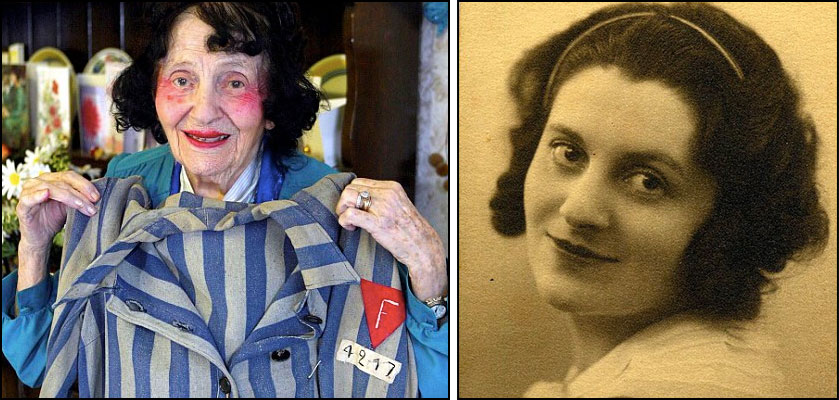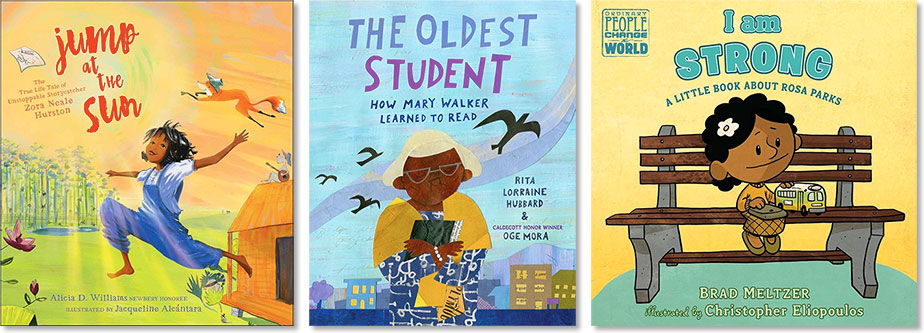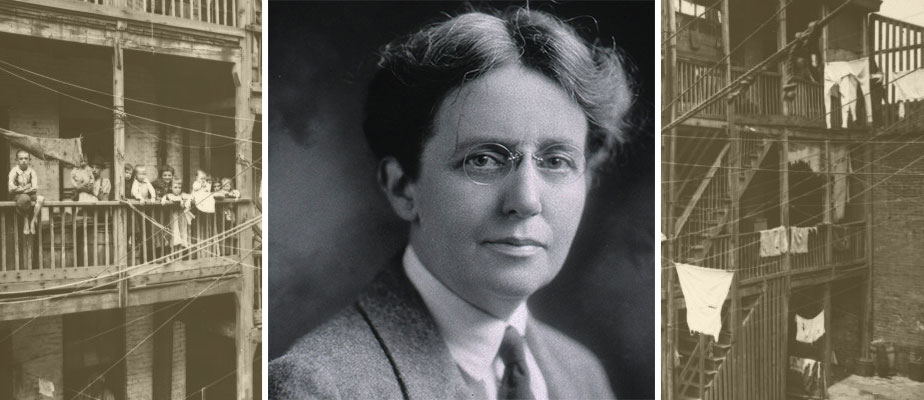Virginia Hall was one of the greatest spies of World War II but her incredible story is largely unknown today.
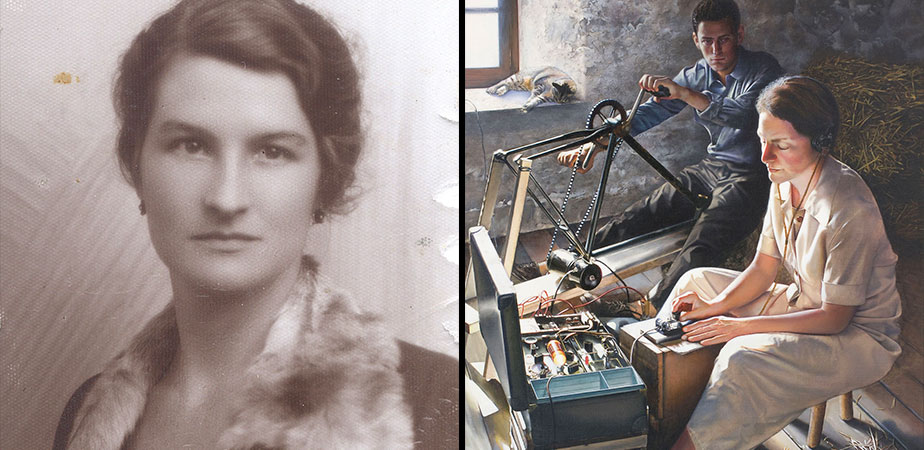 The Nazis considered Virginia Hall the "most dangerous of all Allied spies," yet the story of the "Limping Lady" is largely unknown today. Hall spent nearly the entire war in France, first as a spy for Britain's newly formed Special Operations Executive (SOE) and later for the U.S. Office of Strategic Services (OSS) Special Operations Branch. Even her cumbersome wooden prosthetic leg, which she nicknamed Cuthbert, proved no obstacle to Hall's courage and determination to defeat the Nazis. While undercover in France, she proved exceptionally adept at eluding the Gestapo as she organized resistance groups, masterminded jailbreaks for captured agents, mapped drop zones, reported on German troop movements, set up safe houses, and rescued escaped POWs and downed Allied pilots. Even years after the war, however, she rarely talked about her extraordinary career; a reticence she likely developed during her years as a spy since, as she once observed, "Many of my friends were killed for talking too much." Continue reading Continue reading
The Nazis considered Virginia Hall the "most dangerous of all Allied spies," yet the story of the "Limping Lady" is largely unknown today. Hall spent nearly the entire war in France, first as a spy for Britain's newly formed Special Operations Executive (SOE) and later for the U.S. Office of Strategic Services (OSS) Special Operations Branch. Even her cumbersome wooden prosthetic leg, which she nicknamed Cuthbert, proved no obstacle to Hall's courage and determination to defeat the Nazis. While undercover in France, she proved exceptionally adept at eluding the Gestapo as she organized resistance groups, masterminded jailbreaks for captured agents, mapped drop zones, reported on German troop movements, set up safe houses, and rescued escaped POWs and downed Allied pilots. Even years after the war, however, she rarely talked about her extraordinary career; a reticence she likely developed during her years as a spy since, as she once observed, "Many of my friends were killed for talking too much." Continue reading Continue reading
